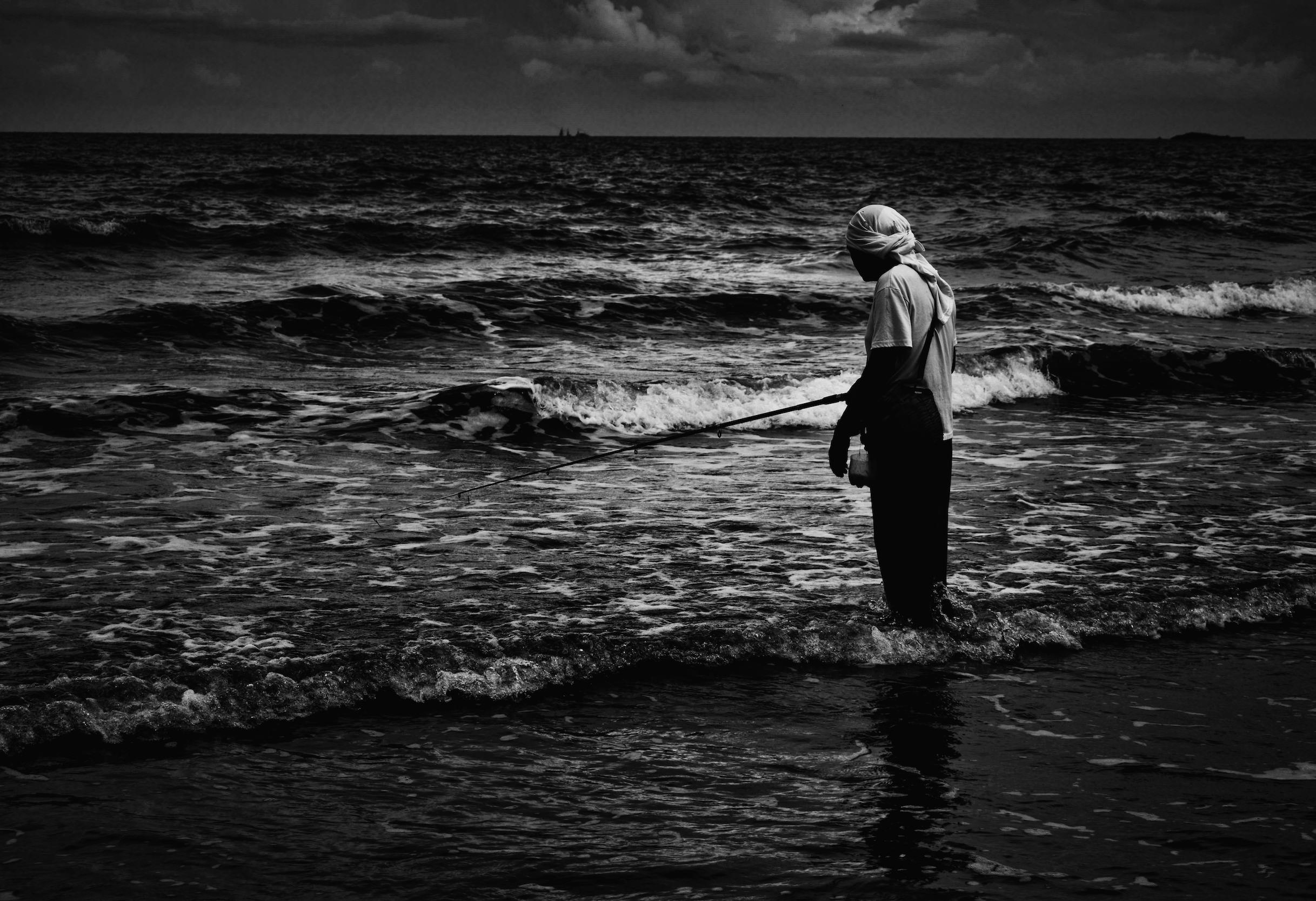
How to live?
This is the question I feel like I have asked myself all my life. I know most people don’t ask the question. But by not asking the question, they unknowingly (and dangerously) outsource their search for answers―to their parents, their teachers, or their religious leaders. This leads to “business as usual”―they live their lives according to what is handed to them by tradition or by what is socially acceptable.
But what is traditional and socially acceptable isn’t always the best way for us to live. We have our own personality and preferences. So why do we want to do what other people―who have their own personalities and preferences―are doing?
Sometimes (or, perhaps, oftentimes), the answer boils down to this: we’re just lazy to do the amount of work required for answering such important question and so we just take what’s ready-made, what’s handed down to us. Or worse, we’re afraid of the consequences of learning about our personal truths.
This is an entire problem of its own, one that requires its own space for processing. But for those who have decided that the question of “How to live?” is a question they are ready and are brave enough to tackle, read on.
The Core Process is Simple
At its core, the process I have discovered on how to answer “How to live?” is actually very, very simple. It just involves three questions. Answer the three questions and you are way ahead of other people in your search.
The three questions are:
- How do I know what I know?
- What exists?
- Using my answers for #1 and #2, how should I act?
This process is so simple and so natural that we do it all the time.
For example, when you saw a flower and you picked it up, you just acted according to your answers to the three questions above automatically, without even stopping to ask and reflect on your answers!
- How do I know what I know? ⇒ “I trust what I ‘see’.”
- What exists? ⇒ “I see a flower. Therefore, a flower exists.”
- Using my answers for #1 and #2, how should I act? ⇒ “Knowing that a flower exists and seeing that I could pick it up, I pick it up.”
It’s that simple.
How we decide to know what we know determines what we believe exists. And our knowledge about our knowledge and about what exists informs us about what we decide to do.
How a Simple Process Gets Complicated
This simple process only gets complicated when you start to entertain other important questions related to these three main questions.
How do I know what I know?
- Are my senses reliable?
- Does what I know ultimately come from a supernatural being?
- Is what I know objective? Or is it subjective?
What exists?
- Does God exists?
- Is their a soul?
Using my answers for #1 and #2, how should I act?
- Is my action “right” or “wrong”?
- How do I know what is “right” and “wrong?”
From these additional questions arise complex answers from where entire religions, philosophies, and ideologies were constructed. These belief systems usually have similar answers to questions #3. Many want love and peace. But where they differ (and, therefore, disagree), are their answers to questions #1 and #2.
A Christian and an atheist may both believe that people should act nonviolently towards each other. In this case, they reached the same conclusion in answering question #3. However, the two have “mutually exclusive” reasons for desiring nonviolence. The Christian is motivated by his belief in the accuracy of the knowledge he gets from the Bible (question #1), which teaches the existence of a living God (question #2) who wants his creation to reflect that. On the other hand, the atheist believes only what he sees (question #1) and, therefore, acts kindly towards other people not because a supernatural being instructed him to do so but simply out of fellow feeling towards those that he sees (question #2).
Everything Boils Down to the Three Questions
But no matter how complex a worldview is, it always boils down to the same three questions you almost automatically answer when you pick up a flower.
- You determine how you know what you know.
- You determine what exists.
- You use your knowledge of how you know what you know (1) and what exists (2) to determine how best to act.
That is how that elusive question of “how to live?” gets its answer.
That is how you will get your answer for yourself.